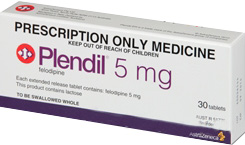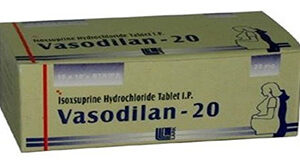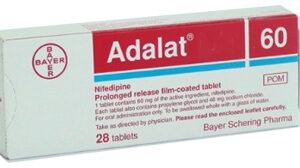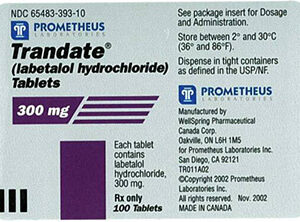Furosemide, also known by its brand name Lasix, is a diuretic medication primarily used to treat fluid retention (edema) and high blood pressure (hypertension). It belongs to the class of drugs known as loop diuretics, which work by increasing the amount of salt and water that is expelled from the body through urine. Furosemide is available in oral tablet and injection forms and is typically prescribed by a healthcare professional.
Before taking furosemide, it is important to inform your healthcare provider about any known allergies to sulfa drugs or any other medications. People with a history of allergic reactions to furosemide should avoid taking this medication. Additionally, individuals with certain medical conditions should use caution or avoid furosemide altogether. These conditions include:
- Kidney disease or impaired kidney function
- Liver disease or impaired liver function
- Electrolyte imbalances, such as low levels of potassium, sodium, or magnesium in the blood
- Gout
- Diabetes
- Systemic lupus erythematosus (SLE)
- Hearing problems
- Asthma or other breathing difficulties
- Severe dehydration or water-electrolyte imbalance
Like any medication, furosemide may cause side effects in some individuals. Common side effects that may occur include:
- Dizziness
- Headache
- Blurred vision
- Increased urination
- Low blood pressure
- Muscle cramps or weakness
- Upset stomach or gastrointestinal disturbances
- Electrolyte imbalances
- Allergic reactions (such as rash or itching)
If any of these side effects become severe or persistent, it is important to seek medical attention. Additionally, more serious side effects can occur, such as:
- Chest pain or irregular heartbeat
- Signs of kidney problems (e.g., decreased urine output, swelling in the ankles or feet)
- Signs of liver problems (e.g., yellowing of the skin or eyes, dark urine)
- Signs of an electrolyte imbalance (e.g., muscle cramps or weakness, irregular heartbeat)
- Severe skin reactions (e.g., blistering or peeling)
- Severe allergic reactions (e.g., difficulty breathing, swelling of the face or throat)
If any of these serious side effects occur, immediate medical attention is required.
The dosing instructions for furosemide may vary depending on the individual’s condition, medical history, and response to treatment. It is important to follow the specific instructions provided by your healthcare professional. Generally, the recommended dosages are as follows:
| Condition | Recommended Dosage |
|---|---|
| Edema | 20-80 mg per day, divided into one or multiple doses |
| Hypertension | 40 mg twice daily |
| Impaired renal function | Initial dosage of 20-40 mg, adjusted based on response |
If a dose of furosemide is missed, it should be taken as soon as remembered, unless it is close to the time for the next scheduled dose. In that case, the missed dose should be skipped to avoid doubling up on medication.
An overdose of furosemide can lead to severe dehydration and electrolyte imbalances. Symptoms of an overdose may include extreme thirst, dry mouth, dizziness, confusion, weakness, and fainting. In case of an overdose, immediate medical attention should be sought.
Furosemide may interact with other medications, potentially causing harmful effects or reducing the effectiveness of either drug. It is important to inform your healthcare professional about all medications, including over-the-counter drugs, supplements, and herbal products, that you are currently taking. Some common drug combinations that may interact with furosemide include:
- Other diuretics or water pills
- Blood pressure medications
- Lithium
- Nonsteroidal anti-inflammatory drugs (NSAIDs)
- Digoxin
- Phenytoin
- Corticosteroids
These are not the only possible interactions, and your healthcare provider can provide more comprehensive information based on your specific situation. Adjustments in dosages or alternative medications may be necessary to avoid interactions.
- Q: Can I take furosemide if I am pregnant?
- Q: Can furosemide be taken by children?
- Q: Can furosemide cause interactions with certain foods or beverages?
- Q: Can furosemide be taken for an extended period of time?
- Q: Can furosemide be taken with food?
A: Furosemide should only be used during pregnancy when the potential benefits outweigh the risks. It is important to discuss this with your healthcare provider.
A: Yes, furosemide can be used in children under the direction of a healthcare professional. The dosage will be adjusted based on the child’s weight and condition.
A: There are no known interactions between furosemide and specific foods or beverages. However, it is important to maintain a well-balanced diet and avoid excessive consumption of alcohol while taking this medication.
A: Furosemide can be taken for long-term management of certain conditions. However, regular monitoring of kidney function, electrolyte levels, and blood pressure is typically necessary.
A: Furosemide can be taken with or without food. However, it is important to take it consistently in the same manner.






Reviews
There are no reviews yet.